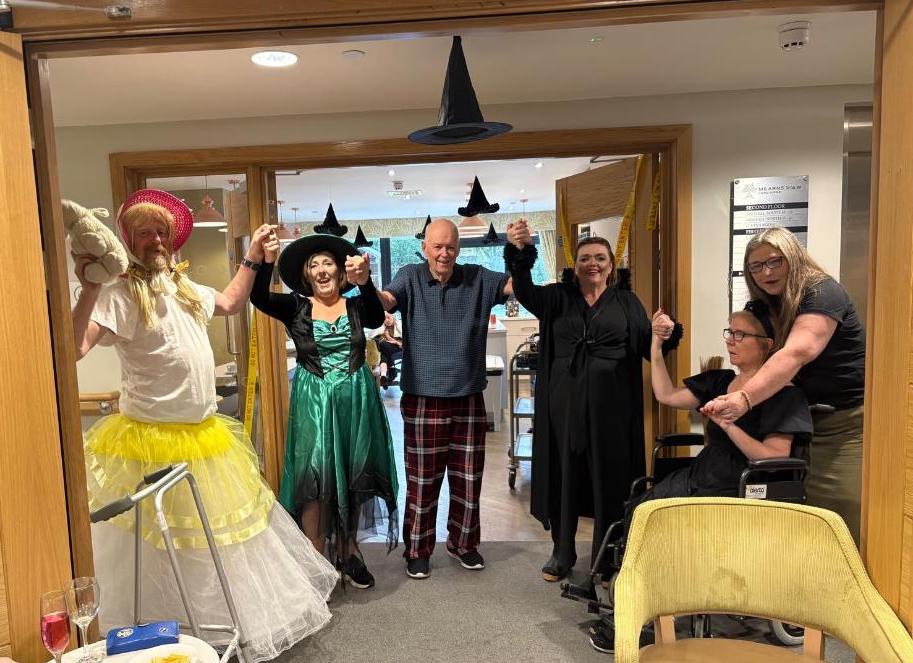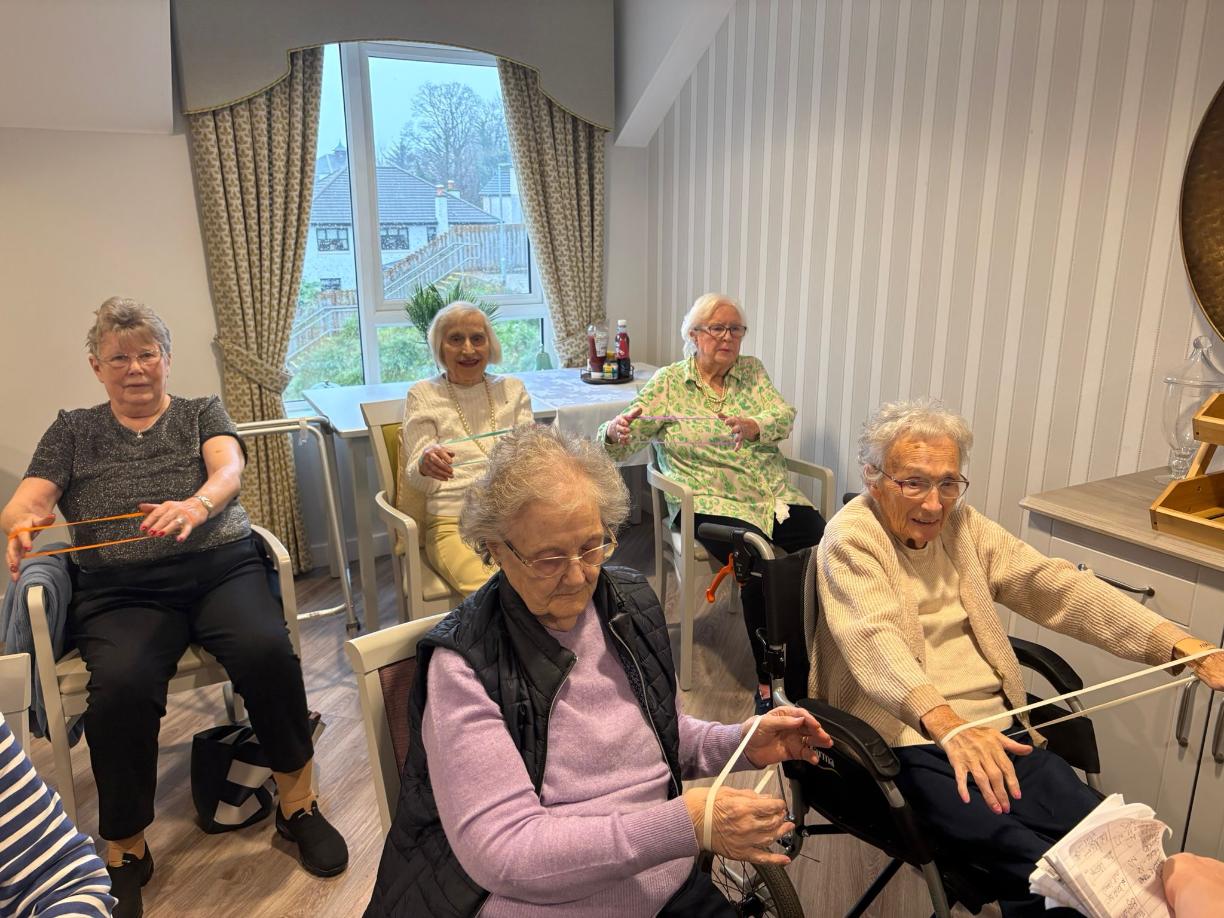What Is Nursing Care in a Care Home? A Guide for Families in Glasgow

When a loved one begins to need more support than can be safely managed at home, families naturally start exploring the different types of care available. One term that often appears during this search is nursing care. Many people have heard of it, but not everyone fully understands what it involves, who it is for, or how it differs from standard residential care. If you are looking for clear, reliable information while searching for care in Glasgow or the surrounding areas, this guide will help you understand exactly what nursing care means and whether it might be the right choice for your family.
What Is Nursing Care?
Nursing care is a type of long term care provided in a care home setting for people who have ongoing healthcare needs that require regular support from registered nurses. While residential care focuses mainly on personal care, such as help with washing, dressing and mobility, nursing care includes all of this along with continuous clinical oversight from qualified nursing staff.
This level of care is ideal for people who have complex medical conditions or those who need medical monitoring as part of their daily routine. It ensures that residents receive clinical support around the clock while still enjoying the comfort and routine of a homely environment.
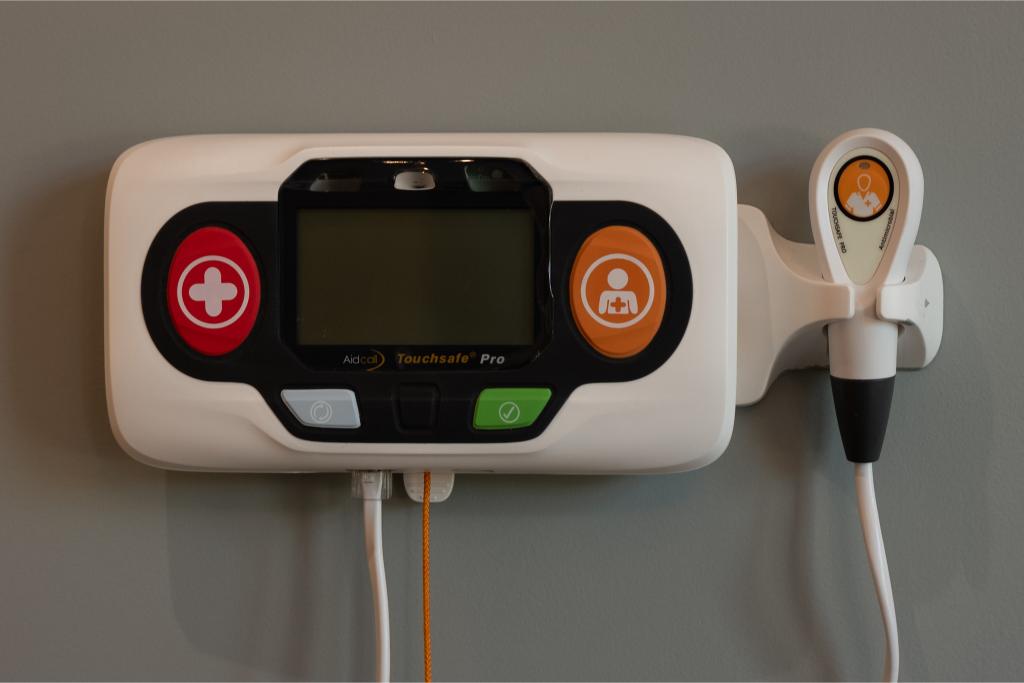

Who Needs Nursing Care?
Many different health conditions can lead a person to require nursing care. Some of the most common include:
- Long term illnesses such as Parkinson’s disease
- Mobility issues caused by stroke or neurological conditions
- Conditions that require medication management or specialised equipment
- Complex health needs following hospital stays
- Advanced dementia where additional clinical oversight is required
- Palliative and end of life care needs
Nursing care offers peace of mind for families who want to ensure their loved one has the right level of professional medical support at all times.
How Nursing Care Differs from Residential Care
Families often find the difference between residential care and nursing care a little confusing, mainly because the two settings look and feel similar. Residents in both receive support with personal care, mealtimes, activities and daily living. The key distinction lies in the clinical expertise available on site.
Residential care is suited to people who primarily need support with day to day tasks and general wellbeing. Nursing care is suitable for those who have greater health challenges that require registered nurses to be present. These nurses are trained to monitor health changes, manage symptoms and carry out clinical procedures safely and effectively.
In nursing care settings, staff can respond quickly to changes in a resident’s health, reducing the need for hospital visits or emergency interventions. This continuity of care brings comfort and reassurance not only to residents but also to their families.
What Does Nursing Care Include?
Nursing care is a broad term that covers a wide range of support. Every resident has their own personalised care plan that reflects their health needs, personal preferences, mobility, nutrition and emotional wellbeing. A high quality nursing care home will offer:
Clinical Support and Health Monitoring
Registered nurses keep track of vital signs, monitor symptoms of long term conditions and ensure that any health concerns are addressed quickly. They work closely with local GPs, community nurses, physiotherapists, mental health teams and other specialists to deliver coordinated care.
Medication Management
Many residents come to a nursing home with complex medication routines. Nurses ensure all medicines are administered correctly and on time, including injections, patches, liquid medicines or specialised treatments. They also assess how a resident responds to medication and can discuss any changes with the appropriate healthcare professionals.
Support with Mobility and Rehabilitation
Some people entering nursing care may be recovering from illness or injury, or they may need ongoing mobility assistance to keep them safe and active. Nurses and trained care staff encourage safe movement, help residents use mobility aids and work alongside physiotherapists where needed.
Specialist Care for Dementia and Cognitive Conditions
People living with dementia often require nursing care in the later stages of the condition. Nurses understand how dementia affects behaviour, communication and health. They help create safe routines and provide reassurance while also managing any clinical complications that can develop as the condition progresses.
Palliative and End of Life Care
Nursing care homes play a vital role in supporting residents and families during palliative care. Nurses provide comfort, specialist symptom management and emotional support, allowing residents to spend their final months or weeks in a peaceful and dignified environment.
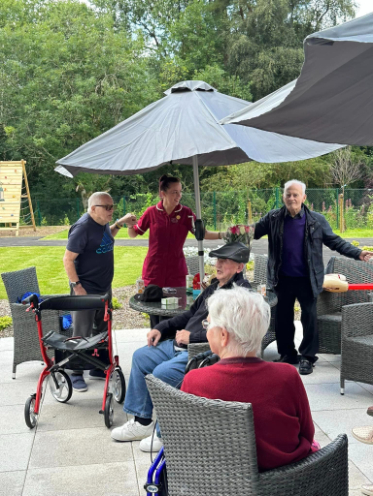
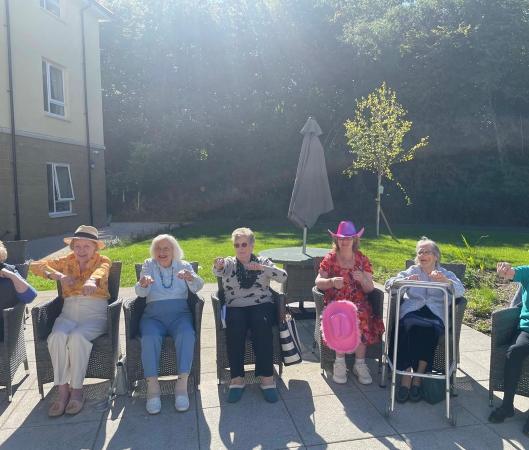
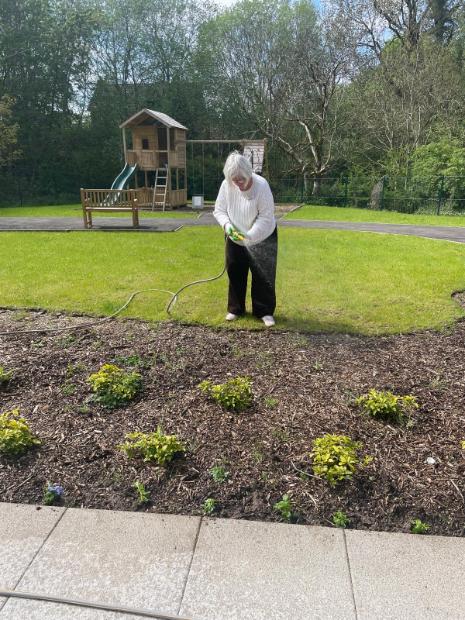
Personal Care and Daily Living
Although the clinical element is essential, nursing care still includes everyday support such as washing, dressing, eating, hydration and continence care. The aim is always to maintain independence wherever possible while providing compassionate assistance when needed.
The Importance of Person Centred Nursing Care
Nursing care should never feel clinical or impersonal. The best care homes work from a person-centred approach, meaning the resident remains at the heart of every decision. This includes learning about their life history, preferences, favourite routines, hobbies and unique personality traits.
Care is shaped around the individual rather than the condition. This approach supports emotional wellbeing, builds trust and creates a sense of belonging. Many people thrive when they feel understood and valued, even when facing significant health challenges.
Life in a Nursing Care Home
Families sometimes worry that nursing care might feel too medical or overwhelming, but modern nursing homes focus just as much on lifestyle and enjoyment as they do on healthcare. Residents benefit from:
- A warm and welcoming environment
- Comfortable bedrooms that can be personalised
- Home cooked meals and nutritional support
- Social activities and events
- Opportunities for fresh air, movement and creativity
- Visiting times that encourage strong family contact
With clinical support on hand whenever needed, residents can focus on enjoying their day, building friendships and staying socially active.
How to Know if Your Loved One Needs Nursing Care
It can be difficult to judge when the right time is to seek nursing care. Families often notice changes such as:
- Difficulty managing medication at home
- Frequent hospital visits
- Increased falls or mobility concerns
- Uncontrolled symptoms or health complications
- Increasing confusion or distress
- A need for support throughout the day and night
If you are unsure, speaking to a GP, district nurse or care home manager can help you understand the level of support required.
Nursing Care at Mearns View Care Home in Newton Mearns
At Mearns View Care Home in Newton Mearns, nursing care is delivered with warmth, compassion and professionalism. The home supports people with a wide range of needs, from long term conditions to complex health challenges, and every resident receives a personalised care plan created in partnership with families and healthcare professionals.
Residents enjoy comfortable surroundings, meaningful activities, spacious communal areas and the reassurance of having registered nurses available throughout the day and night. Families are welcomed at any time and encouraged to stay part of their loved one’s daily life.
If you are considering nursing care for a loved one in Glasgow or Newton Mearns, the team would be happy to answer any questions or arrange a visit so you can see the home for yourself.

